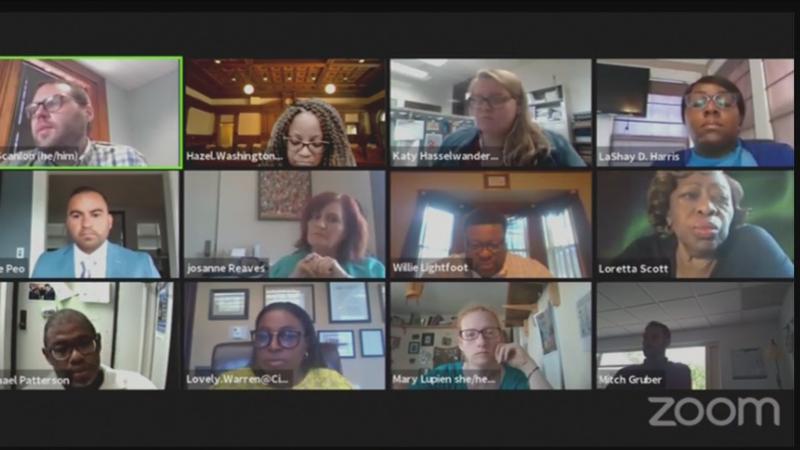Mayor Warren, city council hold briefing on police operations
[anvplayer video=”4960284″ station=”998131″]
ROCHESTER, N.Y. (WHEC) — Rochester Mayor Lovely Warren and members of the city council had their first briefing Wednesday afternoon on police operations since Rochester Police Chief La’Ron Singletary announced his retirement.
This briefing was an opportunity for members of the city council to ask the mayor and police chief about operations and tactics used by the Rochester Police Department during the protests.
Mayor Warren said Chief Singletary was not available to attend the briefing because he’s busy working on a transition plan, since he is retiring and everyone on the command staff is either stepping down or retiring as well.
Singletary did, however, submit written responses to several questions asked by members of city council.
Those questions included what’s the specific plan to de-escalate during protests, how and when a protest becomes an unlawful assembly, who specifically made the decision on Saturday night to declare an unlawful assembly, how soon after a crowd is dispersed following the declaration of an unlawful assembly can the crowd reconvene, how can someone be charged with inciting a riot if no riot occurs and why are police officers allowed to cover their name tags while on duty?

[News10NBC]
Singletary’s response to that last question was read by City Council Chief of Staff Robert Scanlon.
"The past couple of months officers names have been researched by protesters to put personal information out to the public, putting the safety of their families in jeopardy," Scanlon said. "Officers have been allowed to remove their name tags in an effort to prevent their personal information from being spread on social media."
The mayor apologized to city council for not fully briefing them on the Daniel Prude case before the video was made public.
Thursday another briefing will be held. Council wanted to know if the chief would be joining the call. The mayor said she doesn’t believe she has the authority to force him to attend.